Death toll tops 21,000 from Turkey-Syria quake as hopes for survivors fade
The death toll from this week's massive earthquakes and aftershocks in Syria and Turkey has surpassed 21,000, as hopes for finding survivors trapped are fading.
The majority of confirmed deaths have been in Turkey, with officials saying at least 17,674 had been killed. More than 3,377 were killed and more than 5,000 were injured in Syria. More than 63,000 people were also injured in Turkey.
The United Nations' special envoy for Syria said on Thursday the Arab country was in desperate need of everything in terms of aid, to pull through the impacts of the devastating earthquake.
Geir Pedersen called for assurances that there would be no political hindrances to getting aid to where it was most needed.
“Aid, life-saving aid, is desperately needed by civilians wherever they are irrespective of borders and boundaries,” he told journalists in Geneva. “We need it urgently, through the fastest, most direct, and most effective routes. They need more of absolutely everything.”
“We need to do everything to make sure that there are no impediments whatsoever to delay lifesaving support that is needed in Syria,” Pedersen continued, after chairing a meeting of the Humanitarian Taskforce for Syria which facilitates aid deliveries to the war-torn country, UN News reported.
“I was struck by the unity in the meeting we had today by all the different Member States that participated,” he added.
Curbs imposed by the United States and its Western allies have complicated international efforts to assist quake-hit Syrians. The US has so far refused to lift the sanctions despite repeated calls from Damascus and the international community.
Meanwhile, the chief of the World Health Organization said he was on his way to Syria, AFP reported.
Bitter cold weather hampered the search of thousands of flattened buildings and threatened the lives of many quake victims who are without shelter and drinking water, the news agency added.
Relatives were scouring body bags laid out in a hospital car park in Turkey's southern city of Antakya to search for missing relatives.
"We found my aunt, but not my uncle," said Rania Zaboubi, a Syrian refugee who lost eight members of her family.
Chances of finding survivors have dimmed now that the 72-hour mark that experts consider the most likely period to save lives has passed.
The 7.8-magnitude quake struck early Monday as people slept, in a region where many had already suffered loss and displacement due to Syria's foreign-sponsored war.
WHO head Tedros Adhanom Ghebreyesus said Thursday that he was heading to Syria.
"On my way to Syria, where WHO is supporting essential health care in the areas affected by the recent earthquake," Tedros tweeted.
An aid convoy reached northwestern Syria earlier in the day, the first since the quake, an official at the Bab al-Hawa border crossing told AFP.
UN Secretary-General Antonio Guterres called on the UN Security Council to authorize the opening of new cross-border humanitarian aid points between Turkey and Syria to deliver aid.
Four million people living in areas of northwest Syria have had to rely on the Bab al-Hawa crossing as part of a cross-border aid operation authorized by the Security Council nearly a decade ago.
"This is the moment of unity, it's not a moment to politicize or to divide but it is obvious that we need massive support," Guterres said.
Temperatures in the Turkish city of Gaziantep plunged to minus five degrees Celsius (23 degrees Fahrenheit) early Thursday, but thousands of families spent the night in cars and makeshift tents -- too scared or banned from returning to their homes, AFP reported.
Parents walked the streets of the city carrying their children in blankets because it was warmer than sitting in a tent.
Gyms, mosques, schools and some stores have opened at night. But beds are still at a premium and thousands spend the nights in cars with engines running to provide heat.
"I fear for anyone who is trapped under the rubble in this," said Melek Halici, who wrapped her two-year-old daughter in a blanket as they watched rescuers working into the night.
International rescuers have said the intense cold has forced them to weigh whether to use their limited fuel supplies to keep warm or to carry out their work.
"Not a single person has failed to mention this, the cold," Athanassios Balafas, a Greek fire official, said in Athens. "Obviously we chose to keep operating."
The World Bank has announced $1.78 billion in aid to Turkey to help with relief and recovery efforts.
“We are providing immediate assistance and preparing a rapid assessment of the urgent and massive needs on the ground,” said World Bank President David Malpass in a statement.
Rescued after 79 hours #PrayForTurkey #TurkeyEarthquake #earthquakeinturkey #turkey #TurkeyQuake #earthquaketurkey #HelpTurkey #Turcja #Turquie #Turquia #Turchia #earthquakeinsyria #Syria #Syrie #deprem pic.twitter.com/mKwPgdB8Jg
— Turkish Paramedic (@TRparamedic) February 9, 2023
Turkish President Recep Tayyip Erdogan acknowledged on Wednesday that there were "shortcomings" in the government's handling of the disaster but vowed that no one would "be left in the streets."
Turkey now has tens of thousands of aid personnel in the quake zone, and search teams from about thirty countries have joined them. But with the damage so widespread, many are still waiting for help. And an unknown number of people are still trapped under the rubble.
The sprawling scale of the disaster that flattened thousands of buildings has swamped relief operations already hampered by freezing weather, AFP reported.
Survivors have been left to scramble for food and shelter -- and in some cases watch helplessly as their relatives called for rescue, and eventually went silent under the debris.
The Turkey-Syria border is one of the world's most active earthquake zones.
Monday's quake was the largest Turkey has seen since 1939, when 33,000 people died in eastern Erzincan province.
In 1999, a 7.4 magnitude earthquake killed more than 17,000.
Belgium files to intervene in South Africa’s ICJ genocide case against Israel
Netanyahu appears in court for 65th time in ongoing corruption trial
Iran's government submits $111bn budget bill for year 1405
1.6 million Palestinians face acute food insecurity in Gaza: UNRWA
VIDEO | Free the Palestine hunger strikers in British jails ft. Calla Walsh
VIDEO | Press TV's news headlines
Iranian missile pierced window of Israeli intel chief's office in June, says senior general
VIDEO | Paper state politics


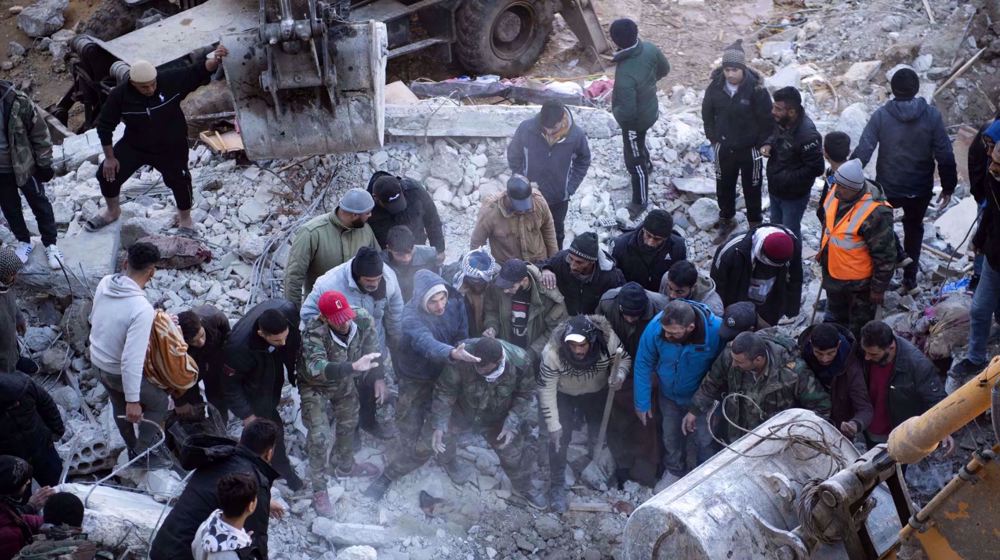
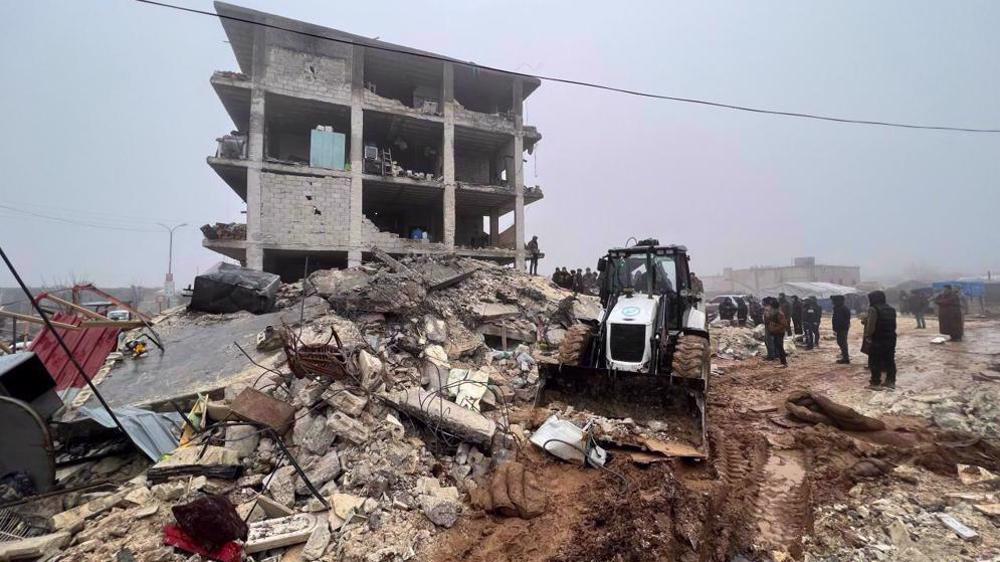
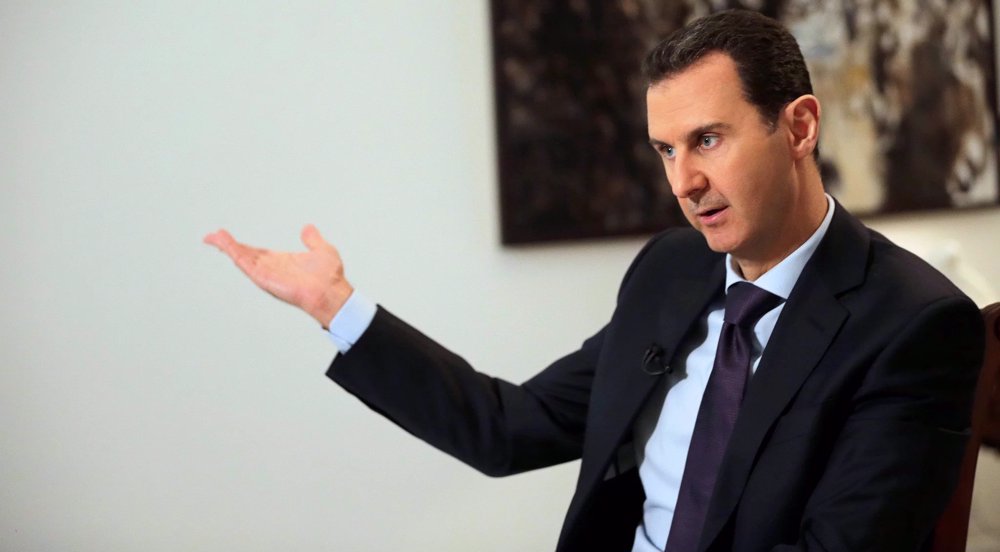
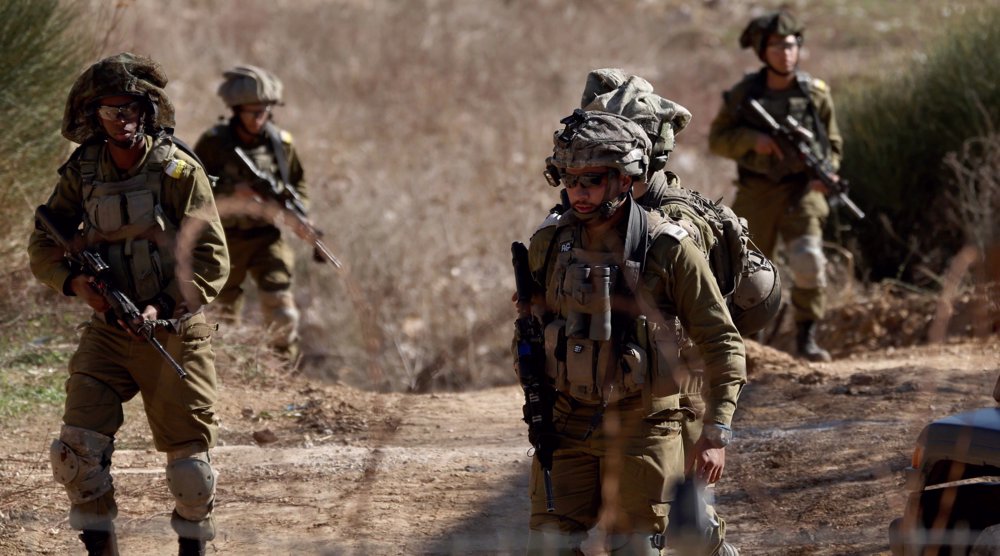

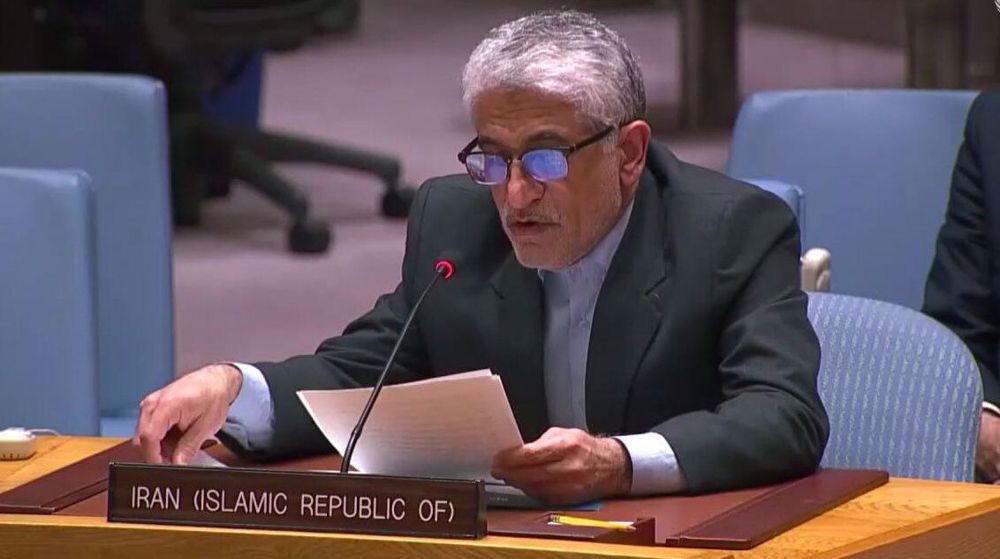




 This makes it easy to access the Press TV website
This makes it easy to access the Press TV website